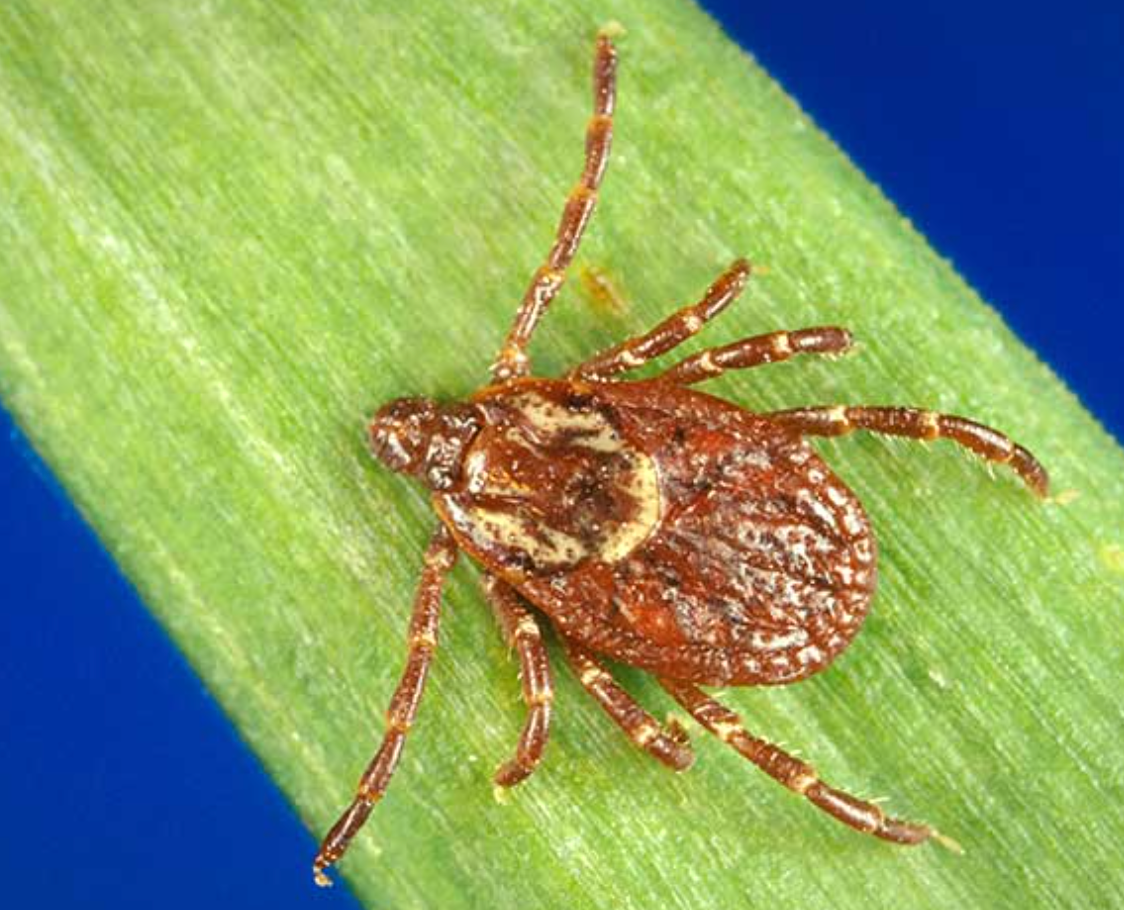Search results
What is Lyme disease? Lyme disease is caused by the spirochete (type of bacterium), Borrelia burgdorferi. It is transmitted to dogs through the bite of an infected tick. Once in the bloodstream, the Lyme disease organism is carried to many parts of the body and is likely to localize in joints or kidneys.
Mar 20, 2024 · Lyme disease in dogs is a condition that spreads to pups through a tick bite. In this article, our vet experts explain the symptoms, treatment, and management for Lyme disease in dogs—and how pet parents can help their furry companion.
15 hours ago · As Lyme disease cases rise in the U.S., humans are not the only ones at risk. Veterinarians with the Virginia-Maryland College of Veterinary Medicine say dogs are increasingly vulnerable to this tick-borne illness. “Black-legged ticks, also called deer ticks, are most common carriers of Borrelia burgdorfer and can be found in the northeastern and north-central parts of the U.S..
Dec 22, 2014 · Lyme disease is one of the most common tick-transmitted diseases. Learn about lyme disease symptoms and treatments for dogs. Treatment Options. Medication: Doxycycline is the antibiotic of choice for treating Lyme disease. Other antibiotic options include amoxicillin and erythromycin.
News about Lyme disease, tick season, VCU
News about Ticks, pet, removal
Also in the news
Many dogs exposed to Lyme disease have no symptoms, but a smaller percentage develop disease signs and complications, including joint inflammation, lameness, fever, lethargy, and swollen lymph nodes. If this acute stage is mild and goes undetected, chronic disease can develop and cause life-threatening kidney failure.
What are the signs of Lyme disease in dogs? Most dogs infected with Borellia bacteria will appear healthy, with no signs at all. This is different from infected people, about 90% of whom will become ill. In dogs that do become ill, signs of Lyme disease typically first show up 2-5 months after the dogs were first infected.
Apr 14, 2023 · The recommended treatment for Lyme borreliosis in dogs is a 4-week course of doxycycline. Polyarthritis resulting from Lyme borreliosis is expected to respond rapidly to treatment with doxycycline; if rapid improvement is not noted, other causes of polyarthropathy should be considered.



